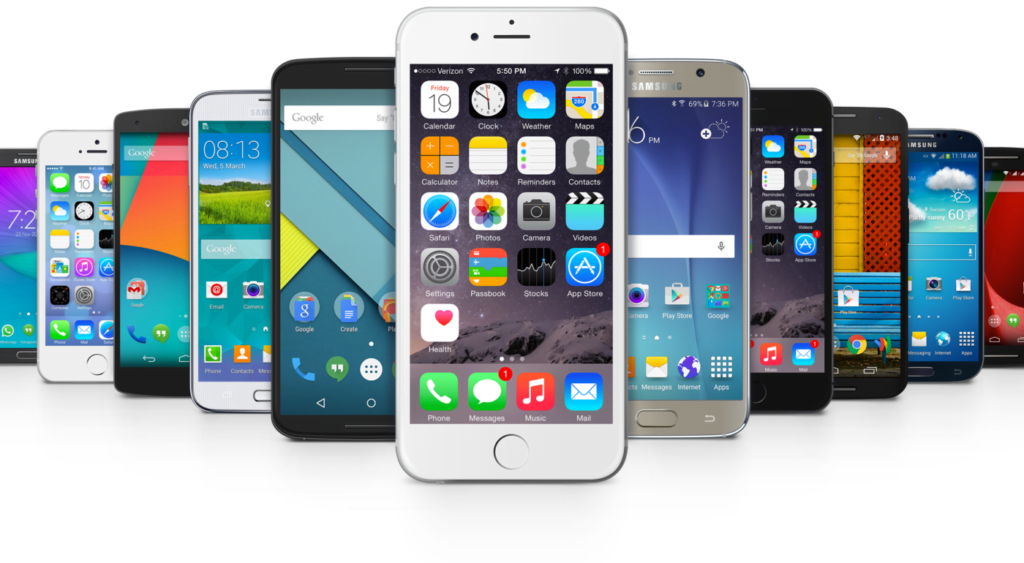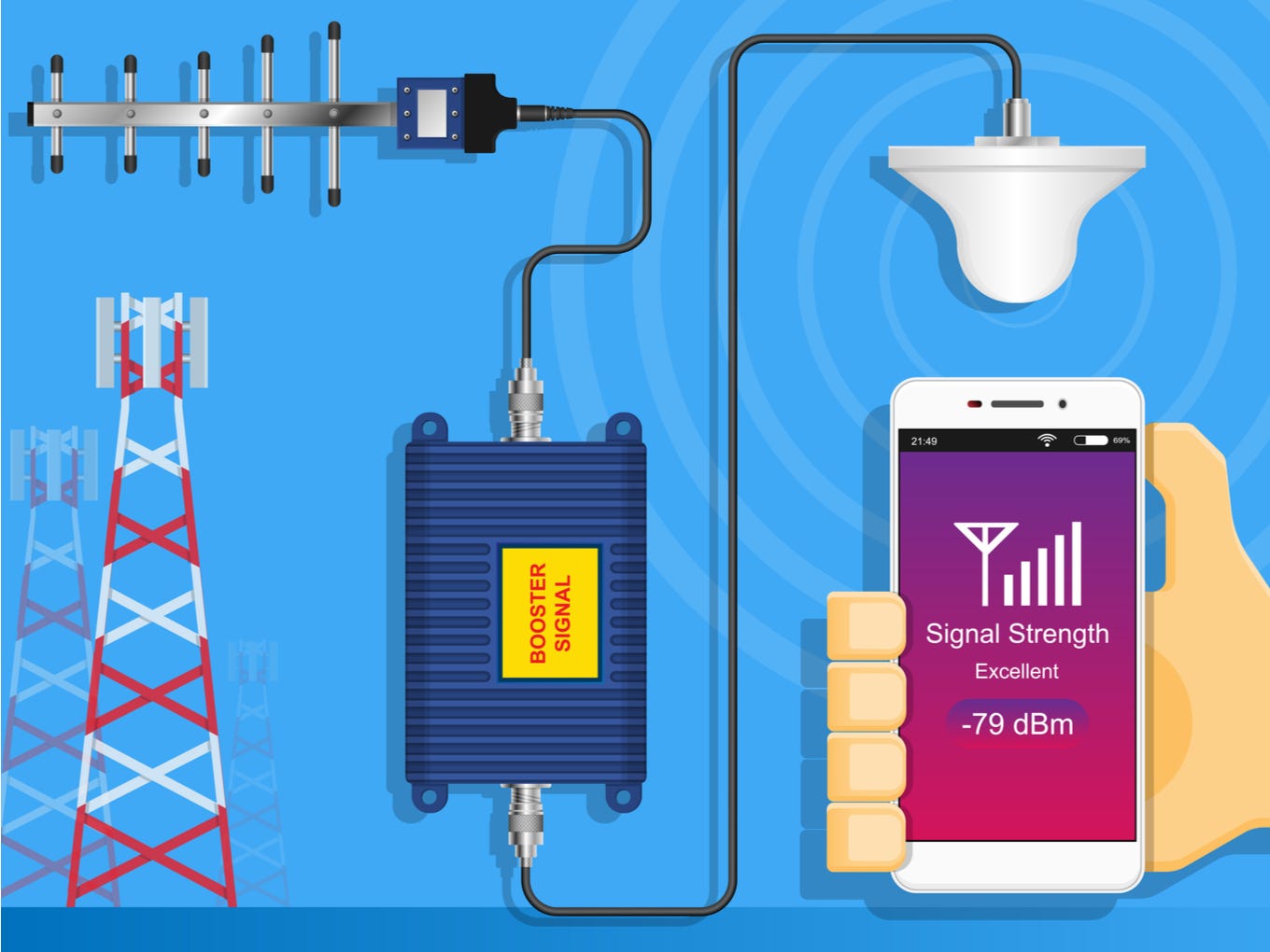Mobile communications and the Internet are an integral part of the daily life of every modern person. These technologies are not only firmly entrenched in the current world, but also play a major role in it. Work, learning, communication, solving everyday problems – all this is connected with network communications and their absence can literally stop daily necessary processes. If you are tired of constant connection interruptions and want to find out how to fix EE, Vodafone, or Tesco signal problems or difficulties with mobile communications with any other operator, this article is for you. So, how does a mobile phone signal booster work? Let’s figure it out.
How Does a Mobile Phone Signal Booster Work?
A mobile signal booster is a device that performs the function of enhancing communications. Externally, this is small equipment, similar in size to a stationary router. More often, a mobile communication repeater is intended for installation indoors but is equipped with an external antenna. The antenna receives signals from base stations, transmits them to the mobile device, and works as a 4G signal amplifier for the phone. Thus, the network signal appears even where it was recently absent altogether.
It is noteworthy that boosters are presented in different models and differ in characteristics. The first and most important difference is the standard within which the booster operates. These are 2G, 3G, and 4G networks. For example, a 2G device only enhances mobile communications, while 3G and 4G – mobile communications and the Internet.
How to Choose a 4G Mobile Signal Booster?
Is it possible to boost the 4G signal using any booster? In fact, boosters are completely different and differ in characteristics, and most importantly in support of ranges.
In the UK, 3 generations of communications are supported: 3G, 4G, and 5G.
If you need a mobile communication booster for rural areas, then you can choose a 4G repeater with support for the 900 MHz band. For use within the city, an amplifier operating at frequencies of 1800 and 2600 MHz is better suited.
To find out the operating frequency for your area, use the free apps available for iOS and Android users. For example, “NetMonster”. By specifying the desired network type in the settings, information about the current connection will be displayed on the screen: frequency range, signal strength, etc. The last parameter is measured in dB, and if it is 100 dB, then that’s great. As a result of all measurements, you should determine the highest indicator and improve only that. You can also contact specialists to find out this data.
Who needs a mobile signal booster? You definitely need a device to boost your mobile signal if you:
- live outside the city far from operator base stations
- live in a mountainous area
- conducts business in warehouses and basements
- regularly live in buildings that do not allow network signals to pass through
How to Choose a 4G Signal Booster?

After all the calculations, you can start buying a booster. It’s worth noting that you don’t need to buy many devices for each carrier and/or frequency. One is enough, which will improve the quality of communication at the highest rate in the application.
Next, you need to decide: on a ready-made solution or a separate device. If you have the necessary antennas, then the solo option is ideal for you. In other cases, you may want to purchase a kit. The kits contain different numbers of auxiliary devices. The largest: two antennas (external and internal), power supply, and cables for connecting all equipment. This is a universal solution for both city residents and rural areas.
The location of the provider’s base station, as already mentioned, is extremely important. For example, for 3G UMTS (2100 MHz) and 4G LTE (1800 MHz), the distance to the base station must exceed 8 km, and 4G LTE (2600 MHz) – up to 2 km. If the base station is located much further from you, then be sure to ask the specialists which kit you need.
How to Connect a Booster?
You already know how mobile phone signal booster works, it’s time to learn the features of installing the booster. It is better to start the installation process with an outdoor antenna. It should be directed towards the base station (you can find out this using the program). It is better to mount it as high as possible on a special mast if it is a country house or hang it by the window if it is an apartment or office building. The signal amplifier can be placed on a wall or table in the room, close to an outlet. Position the internal antenna so that it is convenient to interact with other objects in the room: on the ceiling, wall, etc.
Both antennas should be as far apart as possible. Otherwise, the internal antenna will catch the signal from the external one, which will cause interference in the network. Indoor antennas are predominantly always omnidirectional, so you can place them indoors as convenient for you – this will not affect the transmission of the signal to the devices receiving it.
The mobile phone booster works when connected to the electrical network. It comes with a standard package that includes an antenna, adapter, and cable. The cable is attached on one side, and the adapter on the other. The free end of the cable has a connector suitable for an antenna. If necessary, you can additionally connect an antenna of any power, the main thing is that the antenna is a GSM accessory.
Final Thoughts
Mobile signal amplifiers are most often used in places where the passage of radio waves is difficult due to the location or design of the premises (basements or basements, warehouses, hangars, underground parking lots, industrial premises, etc.), as well as in places significantly remote from base mobile stations, where the passage of radio waves is hampered by the terrain or various kinds of obstacles in the form of forests, etc. (in rural areas, country houses). In such cases, it is often necessary to strengthen the signal of mobile operators to ensure high-quality communication. If you want to learn more about how mobile phone signal amplifiers work and improve the quality of your Tesco, Vodafone, or Virgin connection, we recommend contacting UCtel, which provides high-quality services in improving 3G, 4G, and 5G signals.

